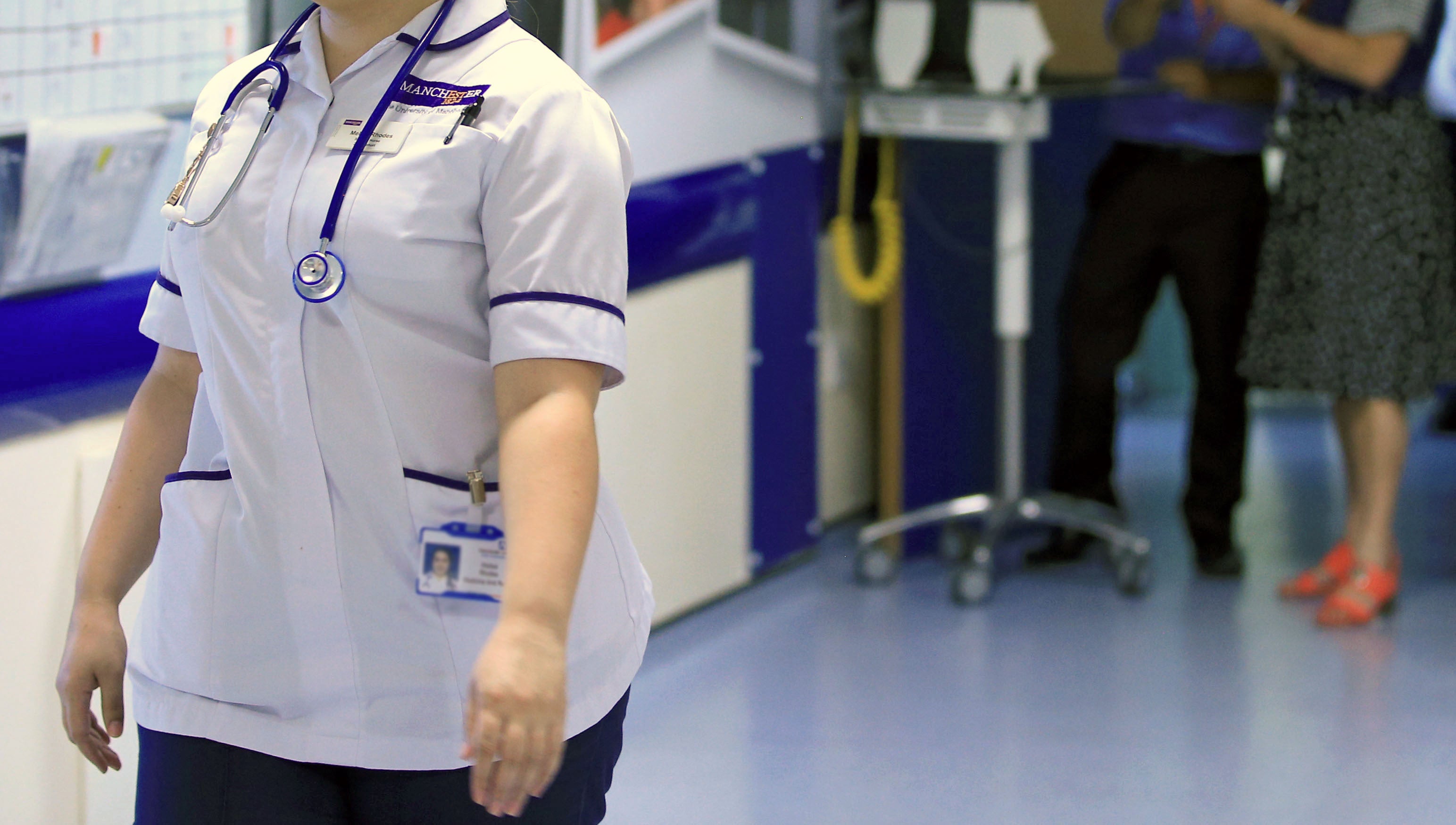Monkeypox ‘could become endemic in UK’ without action, charities warn
The Government faces calls for urgent investment in sexual health services which are working to stop the spread of the virus

Your support helps us to tell the story
From reproductive rights to climate change to Big Tech, The Independent is on the ground when the story is developing. Whether it's investigating the financials of Elon Musk's pro-Trump PAC or producing our latest documentary, 'The A Word', which shines a light on the American women fighting for reproductive rights, we know how important it is to parse out the facts from the messaging.
At such a critical moment in US history, we need reporters on the ground. Your donation allows us to keep sending journalists to speak to both sides of the story.
The Independent is trusted by Americans across the entire political spectrum. And unlike many other quality news outlets, we choose not to lock Americans out of our reporting and analysis with paywalls. We believe quality journalism should be available to everyone, paid for by those who can afford it.
Your support makes all the difference.Monkeypox could become endemic in Britain without more action from the Government, leading sexual health organisations have warned.
And without more support to tackle the spread of the virus, other sexual health services are suffering.
As of July 11, there were 1,735 confirmed cases in the UK in the latest outbreak, 96% of which have been found in England, according to UK Health Security Agency (UKHSA) figures.
Leading organisations have called for the Government, the UKHSA and NHS England to take action to stop the spread after estimating that cases of monkeypox are doubling every 15 days.
Many sexual health services are reporting reductions in other services because of the additional burden of monkeypox, according to the British Association of Sexual Health & HIV, Association of Directors of Public Health, Terrence Higgins Trust, National Aids Trust, British HIV Association, LGBT Foundation, PrEPster, i-base and UK Community Advisory Board.
And disruption to HIV services also risks jeopardising the Government’s target of ending new HIV cases in the UK by 2030, they added.
The organisations are calling for £51 million from the Department of Health & Social Care to control the outbreak as well as ensuring that the vaccine programme – whereby certain groups are being offered the smallpox vaccine to stem the spread of the virus – is properly resourced.
They warned that the current vaccination rollout is “too slow with far too few being vaccinated”.
The bodies have also called for more support for those who are isolating – people with a confirmed case of monkeypox are advised to isolate for 21 days.
“Monkeypox cases are currently doubling every 15 days and we have now reached a critical point in our ability to control its spread,” said Dr Claire Dewsnap, president of British Association of Sexual Health & HIV.
“Already-stretched sexual health services are buckling under the additional pressures that the outbreak is placing upon them, and an increasing volume of core sexual health care is being displaced as a result.
“This has left us on the precipice of a fresh public health crisis, one which can only be averted with urgent, additional support.”
Jim McManus, president of the Association of Directors of Public Health, added: “We must eliminate this outbreak. If it becomes endemic in any part of our population because it will cost hundreds of times more in pain, misery, harm and avoidable cost than eliminating it.”
Richard Angell, campaigns director at Terrence Higgins Trust, said: “There is a clear choice in front of us: urgently do what is needed to tackle the spread of monkeypox or continue the lacklustre response to date which will mean the virus becomes endemic in the UK with more and more people impacted. More vaccines are vital to this.
“Monkeypox is overwhelming our world class sexual health services.
“Healthcare staff are doing a brilliant job on the frontline of the country’s monkeypox response – but they’re at breaking point, having to make painful choice between treating monkeypox and issuing PrEP or long acting contraception and desperately in need of additional funding to urgently turn the tide.”
The majority of cases of monkeypox are among gay and bisexual men, and experts have warned that without action the virus could also start spreading in other groups, including people who are more vulnerable to the infection.